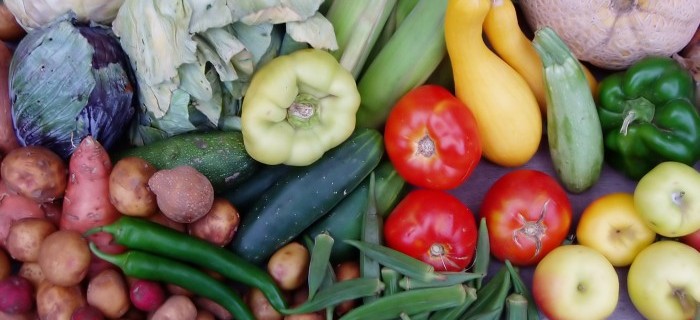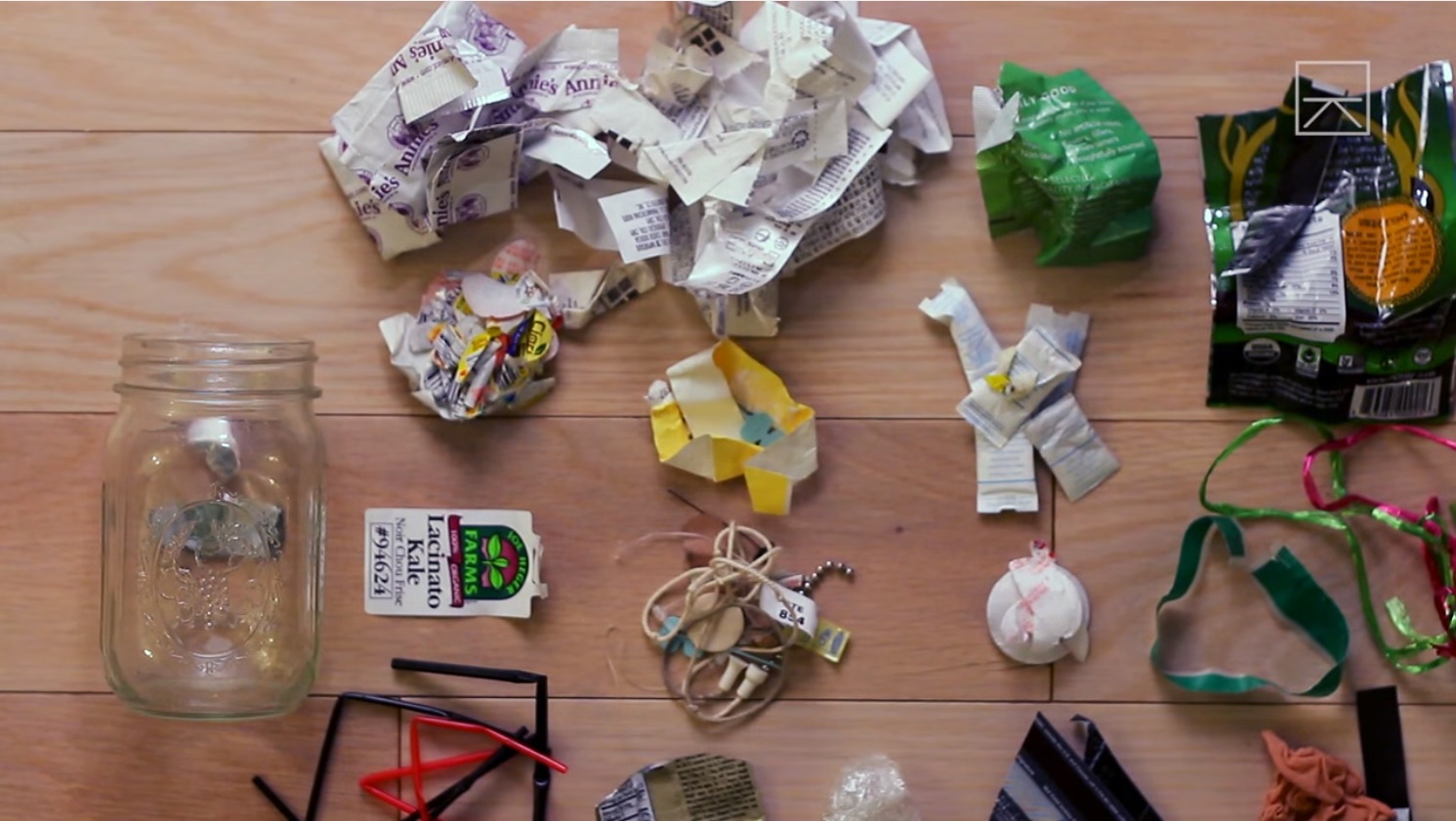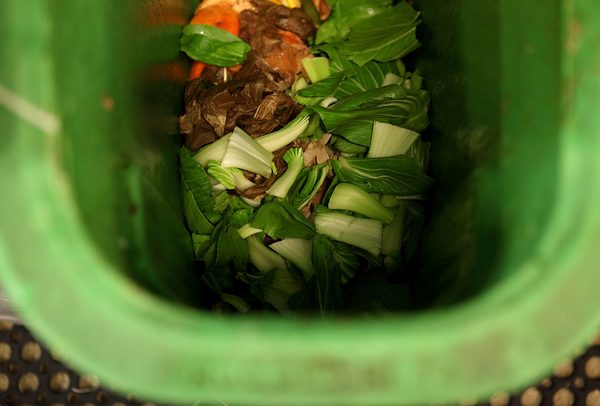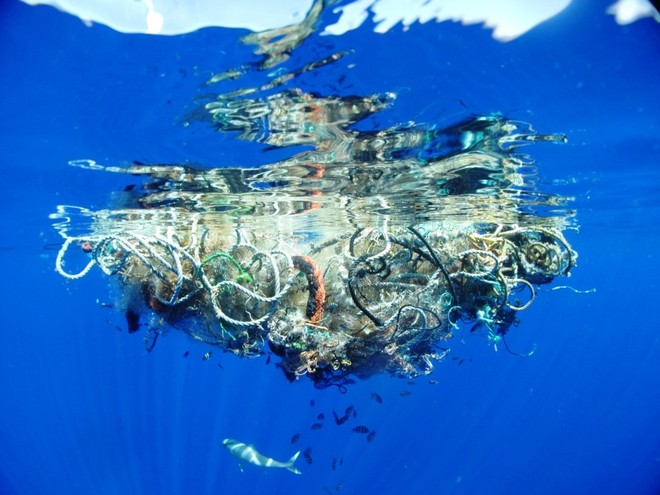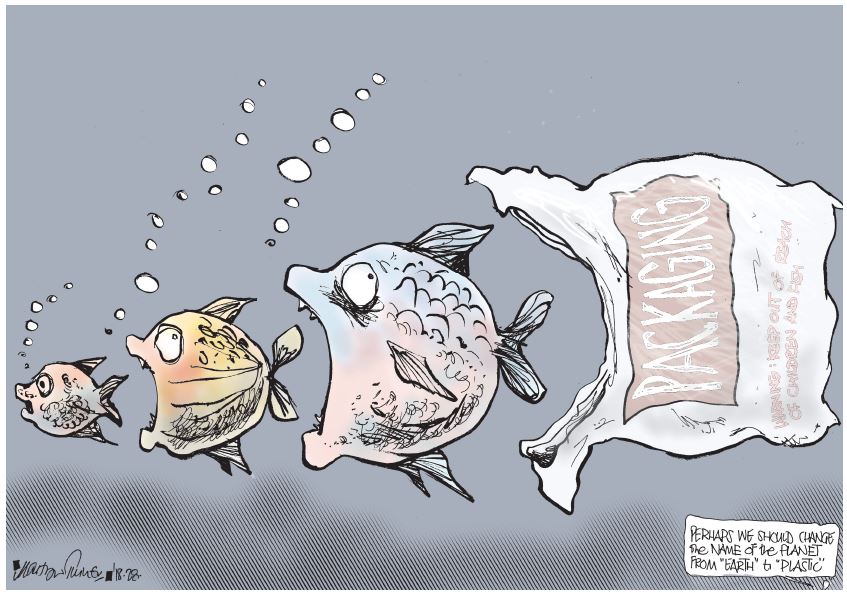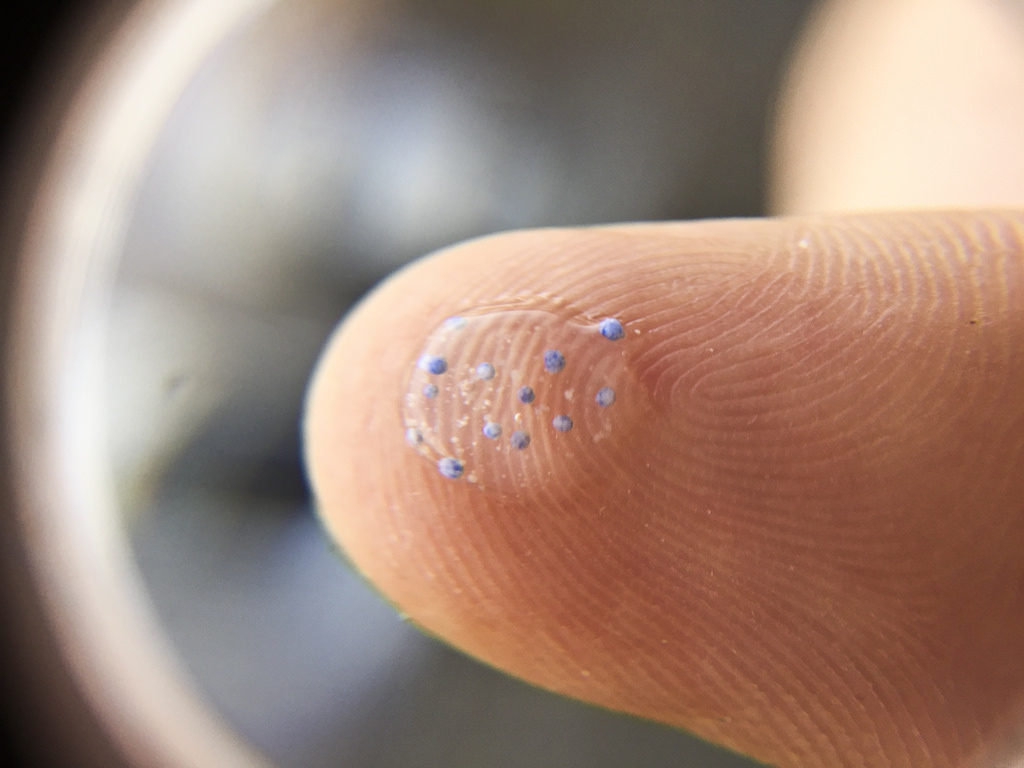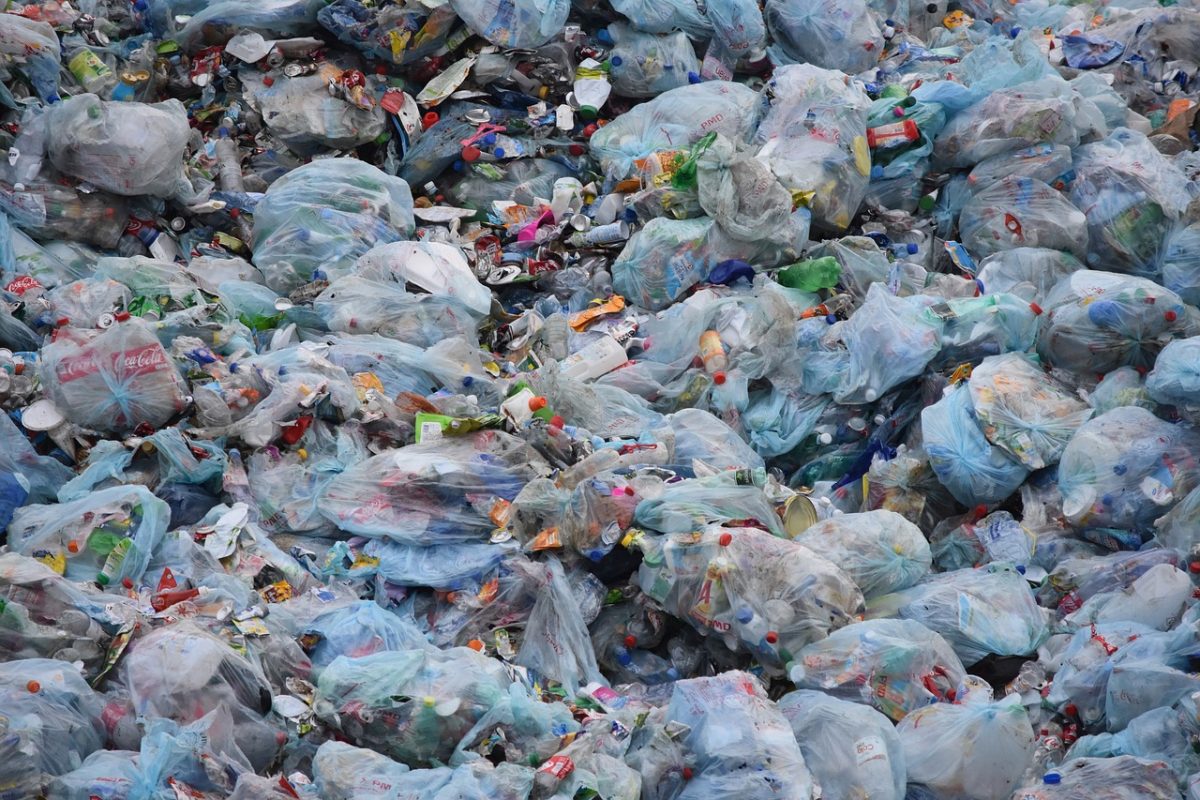Four government actions that are helping reduce plastic waste around the world

July 12th, 2017
The Waste Reduction Bill was heard in the Dáil last night. The bill would see a deposit refund scheme implemented on plastic bottles, glass bottles and cans. The other aspect would introduce a ban on single-use non-compostable plastic such as coffee cups. If the bill is successful it would be a huge step in the right direction for Ireland, but what other steps could follow?
We explore other government decisions from around the world to see what could be possible for the future.
France says no to plastic dinnerware
You may have heard the news last year that France has banned plastic cups, plates and cutlery. This law is a subset of their 2015 Energy Transition for Green Growth Act. It is not an immediate ban as the headlines would have you believe, but it does mean that by 2020 all plastic tableware products will have to be made from 50 per cent biologically sourced material that can be composted at home. This will rise to 60 per cent by 2025.
Disposable plastic banned in India’s capital city
The law banning all disposable plastics in Delhi came into effect on 1 January 1, 2017. IndiaTimes writes that this was: “Part a reaction to three local dumping sites in Okhla, Gazipur and Bhalswa, which operate as waste-to-energy plants. According to residents in the vicinity, illegal mass burning technology causes air pollution.”Although the plants have not yet been shut down, the decision to ban disposable plastics was met well by local residents.
California shuns microbead
Microbeads are the tiny plastic beads found in products such as face masks, toothpaste and soaps. They are too small to be filtered out during any water cleaning processes so they find their way to the sea, to the fish and eventually back to our dinner plates. According to Beat the Micro Bead, an international campaign against microplastic ingredients in personal care products, California was the first to sign a ban on microbeads.
California introduced a ban on the beads in 2015 which will see them phased out of personal care products by 2020. Since then other countries such as Canada and Gothenburg in Sweden have instigated a ban of some sort. Other countries including the UK, Scotland, Taiwan and South Korea have proposed legislation to counteract mcirobeads. Ireland held a six-week public consultation on microbeads in February of this year which received a tremendous response of over 3,000 people giving their opinions on the future of the bead in Ireland. Further developments are eagerly awaited.
Monaco rids itself of the plastic bag
Monaco is a sovereign city-state in France. It may be small but it has big plans for a plastic free environment. As of 1 January 2017 they have banned all plastic bags which are not compostable, and not composed of more than 30 per cent bio-based materials. This proportion will gradually increase up to 60 per cent by 2025. This is part of a wider scheme that has prohibited the sale of plastic bottles in the Administration as of 1 July 1, 2017, and will see plastic kitchen utensils banned from January 2020. These measures are voluntary commitments taken as part of the Ocean Conference, a conference held in June 2017 to figure out a call for action to restore the health of the world’s oceans. These commitments can be found on their website among those from other countries too.
These steps are significant in the mission to reduce our plastic consumption. Hopefully we can soon look forward to a cleaner island and cleaner seas, but there is still a long way to go.
[x_author title=”About the Author”]
